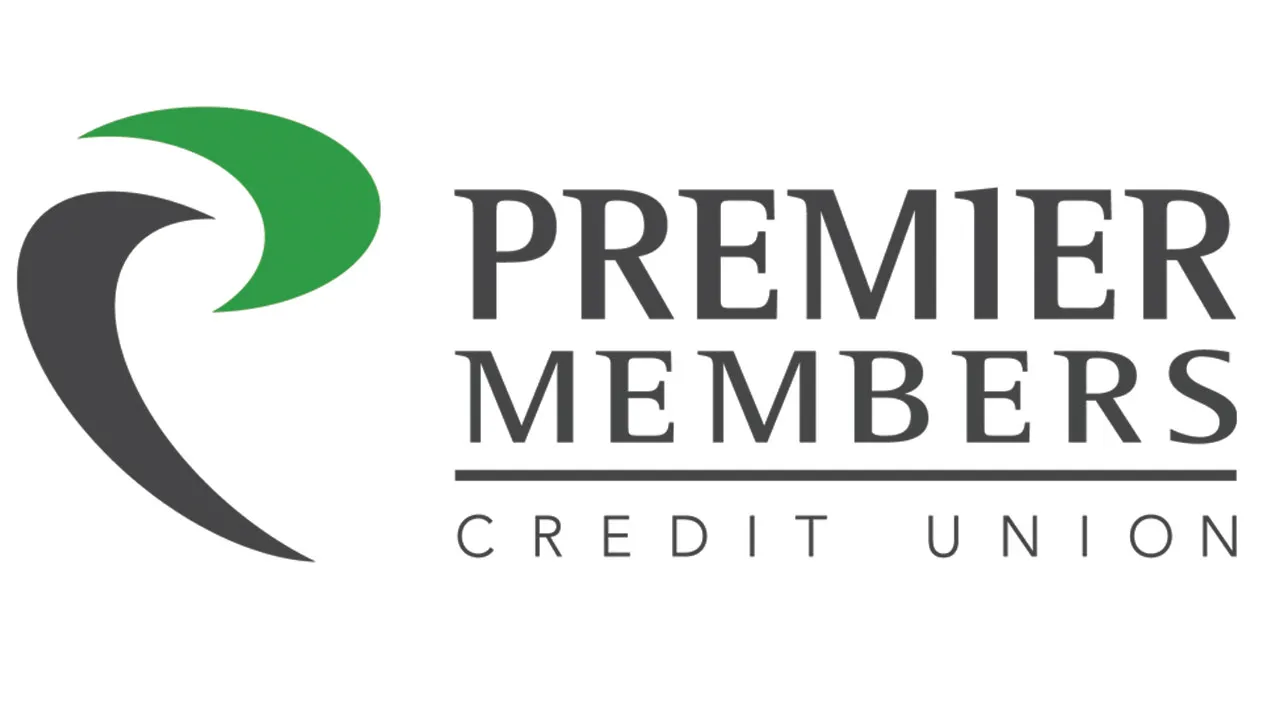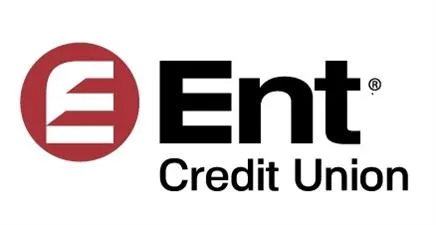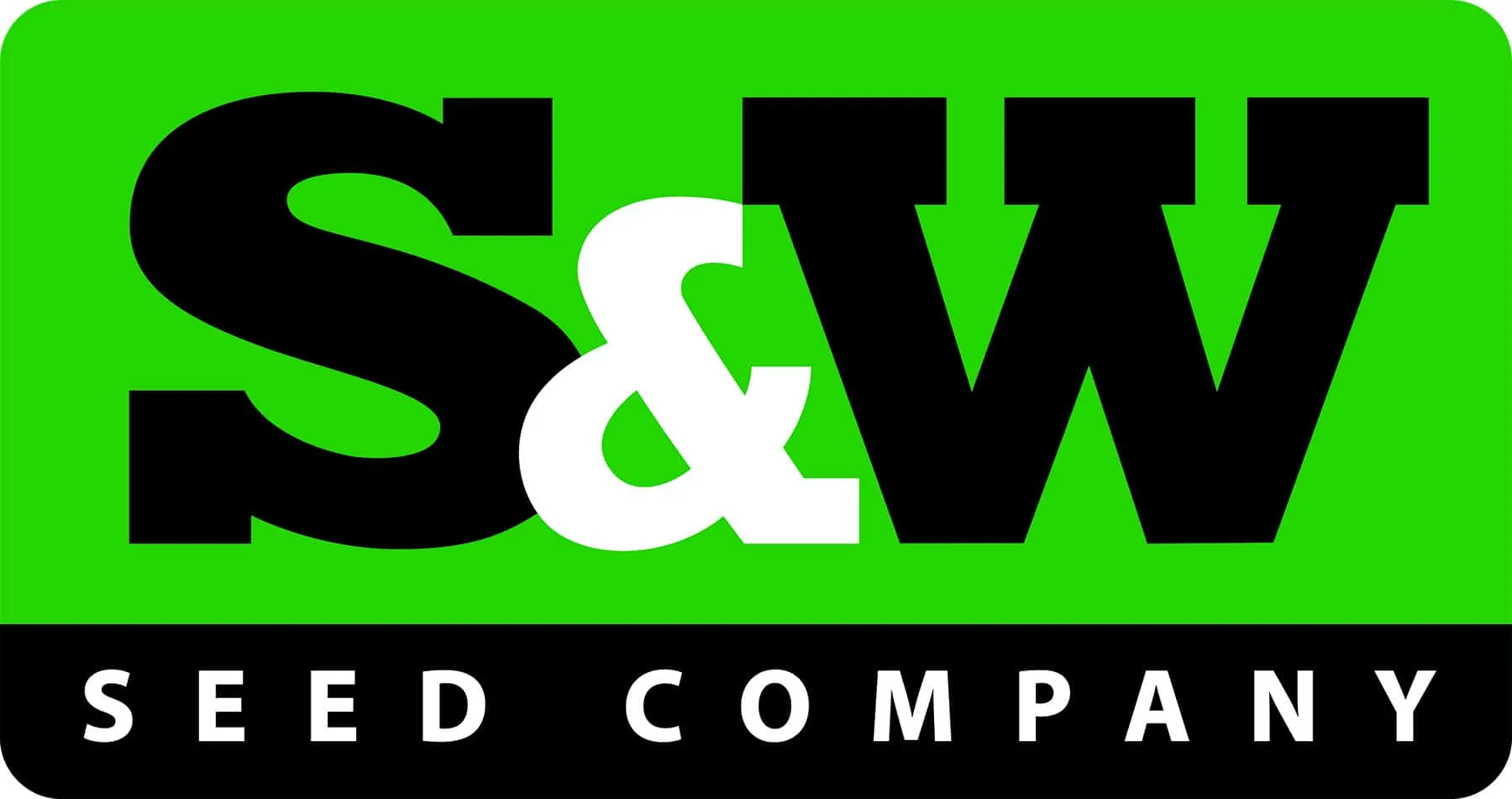For some local companies, ESOP’s no fable
With an Employee Stock Ownership Program, said Brian Macke, director of human resources and finance at Windsor-based DaVinci Sign Systems, “everyone has skin in the game. They treat each and every task with a little more passion and enthusiasm. If we can all work together as a team, everyone’s better off in the long run.”
Added John Creighton, president of employee-owned High Plains Bank, “it allows employees who are creating value for the business to share in the creation of that value. When they retire, they benefit from having made the business more valuable.”
For the business that takes on an…
THIS ARTICLE IS FOR SUBSCRIBERS ONLY
Continue reading for less than $3 per week!
Get a month of award-winning local business news, trends and insights
Access award-winning content today!





